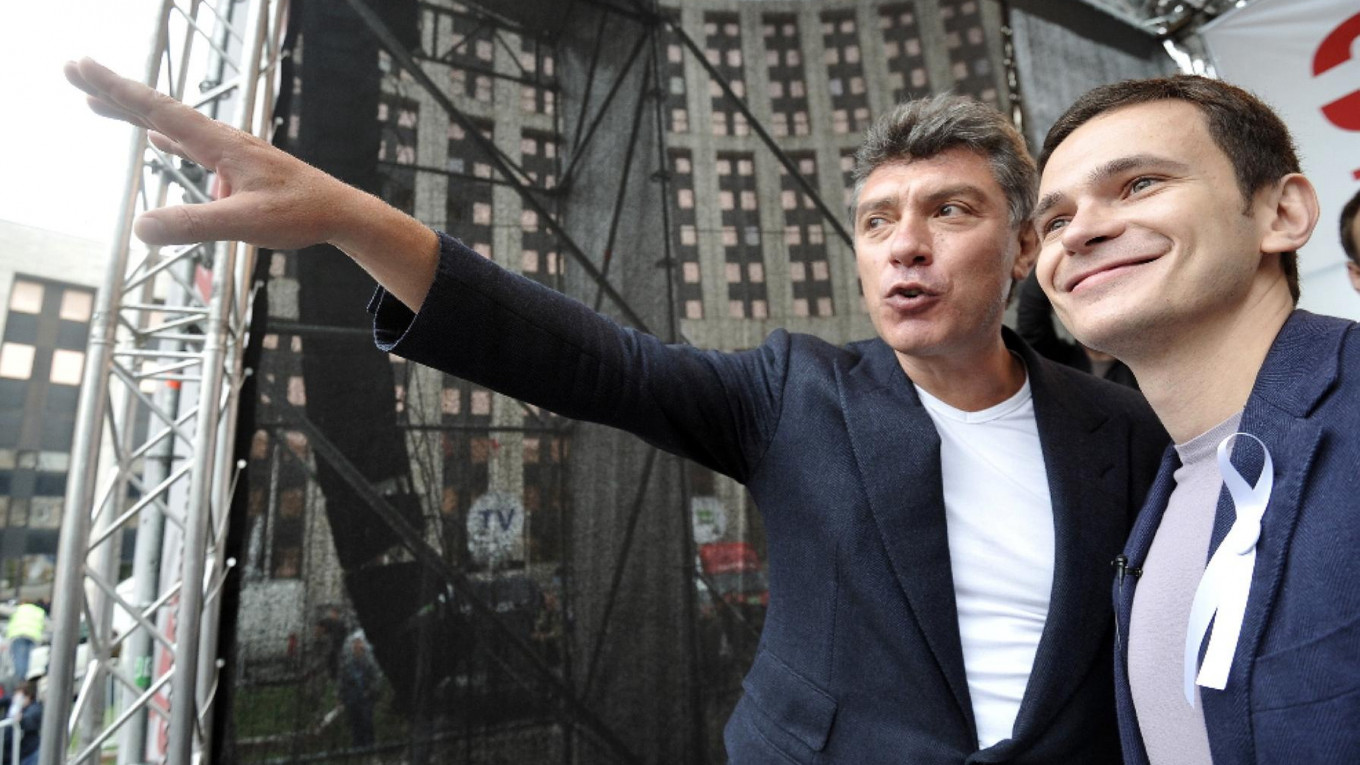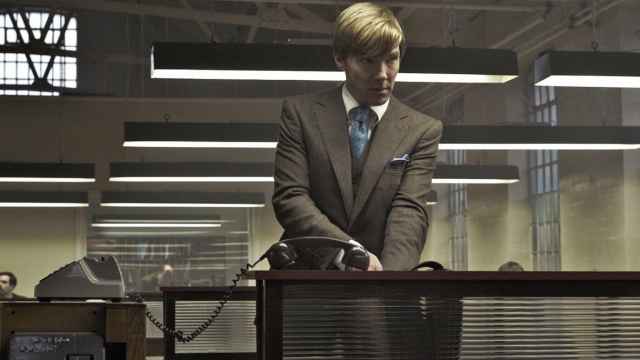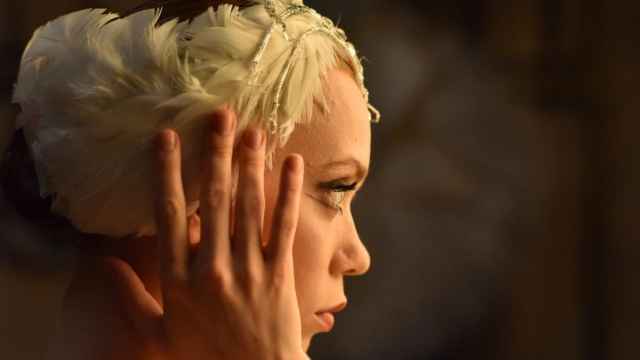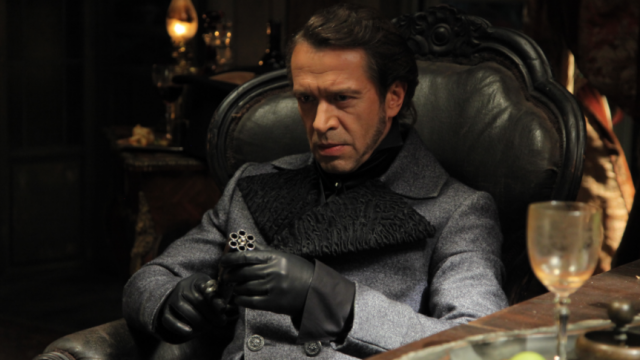Two years after the murder of opposition politician
Boris Nemtsov in central Moscow, a documentary
film about his life titled “The Man
Who Was Too Free” is set to shed new light on
the controversial Kremlin critic. The film will
be shown at select theaters in Moscow, as well
as St. Petersburg, Nizhny Novgorod, Yaroslavl —
the cities most closely linked to Nemtsov’s life.
The Moscow Times spoke to the film’s director
Vera Krichevskaya about the “The Man Who
Was Too Free.”
How did the idea of the movie come about?
[Screenwriter] Mikhail Fishman and [producer]
Yevgeny Gindilis began collecting information
and conducting interviews shortly after
Nemtsov’s death for a different film project, but
a lot of it was left unused. Fishman called me
at the end of 2015, saying he had some brilliant
footage and invited me to be a part of the project.
Only then did we start looking for funding,
getting more interviews, and the film started
to take shape. On one hand, it was an easy film
to work on. On the other, it was difficult: easy,
because Nemtsov is such a great character, a
witness and participant of the new Russia’s
history; difficult, because there’s simply too
much archival footage, and there’s no voiceover.
We wanted to tell his story as fully as possible
but leave ourselves outside of the frame.
Why is there no narrator in the movie?
Of course there’s a narrator. It’s Boris himself!
His story holds the film together. Who can
talk about Nemtsov’s life better than the man
himself? I assembled the narrative from fragments
of dozens of Nemtsov’s radio and TV
interviews.
What does the film focus on?
We wanted to tell two stories: one of
Nemtsov’s life and the other of Russia as a
new country, which began at the same time
as Nemtsov’s career and ended, symbolically,
when its hero was shot on the bridge. Although
the notion of Russia as a “country of
hopes” disappeared around 2004, Nemtsov’s
murder for me was really the end of a whole
epoch.
Why did you decide to leave the murder investigation out of it?
Firstly, none of us is an investigative reporter.
Secondly, the trial isn’t over and many of the
key figures are practically inaccessible. As a
Russian citizen, I’m eagerly awaiting the results
of the trial, but as a professional I can’t cover
the topic of Nemtsov’s murder investigation.
Why is Anatoly Chubais, one of Nemtsov’s closest associates, not in the movie?
He refused to be interviewed.
The events of the 1996 elections are covered quite extensively in the film — what do you think of their significance?
As a nation, we still haven’t processed the events of 1996. If we had, we might have questioned all the election results and the events that took place after 1996. Russia would have been better off if it shed the Communism and its heritage once and for all.
Disclaimer: Mikhail Fishman, the film’s screenwriter,
is editor-in-chief of The Moscow Times
Several screenings of the film with English subtitles will be held in Moscow and St. Petersburg. Details can be found on the websites of the theaters.
A Message from The Moscow Times:
Dear readers,
We are facing unprecedented challenges. Russia's Prosecutor General's Office has designated The Moscow Times as an "undesirable" organization, criminalizing our work and putting our staff at risk of prosecution. This follows our earlier unjust labeling as a "foreign agent."
These actions are direct attempts to silence independent journalism in Russia. The authorities claim our work "discredits the decisions of the Russian leadership." We see things differently: we strive to provide accurate, unbiased reporting on Russia.
We, the journalists of The Moscow Times, refuse to be silenced. But to continue our work, we need your help.
Your support, no matter how small, makes a world of difference. If you can, please support us monthly starting from just $2. It's quick to set up, and every contribution makes a significant impact.
By supporting The Moscow Times, you're defending open, independent journalism in the face of repression. Thank you for standing with us.
Remind me later.






